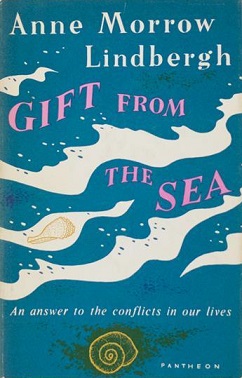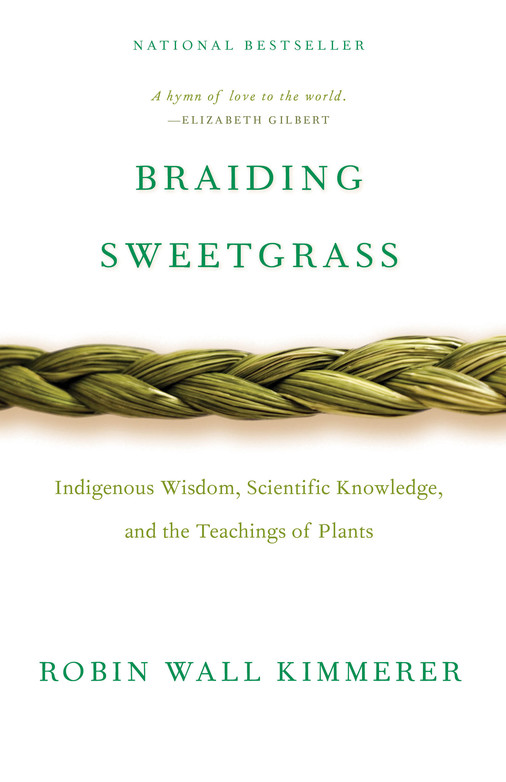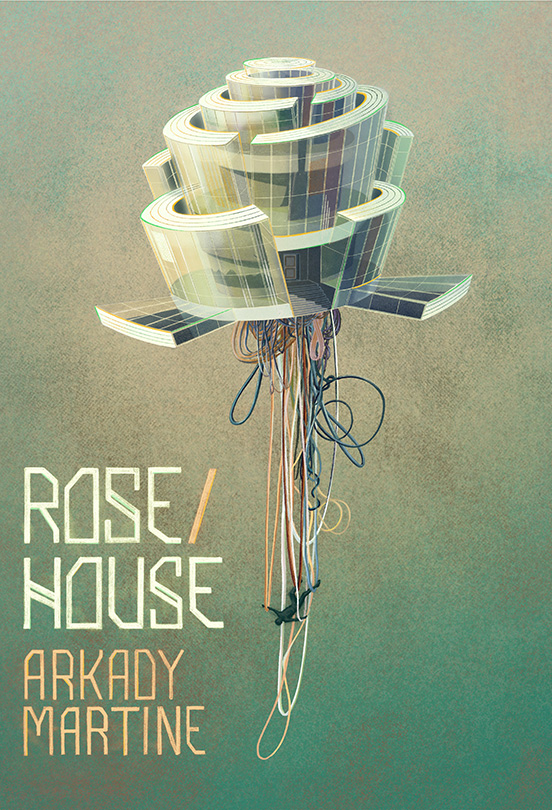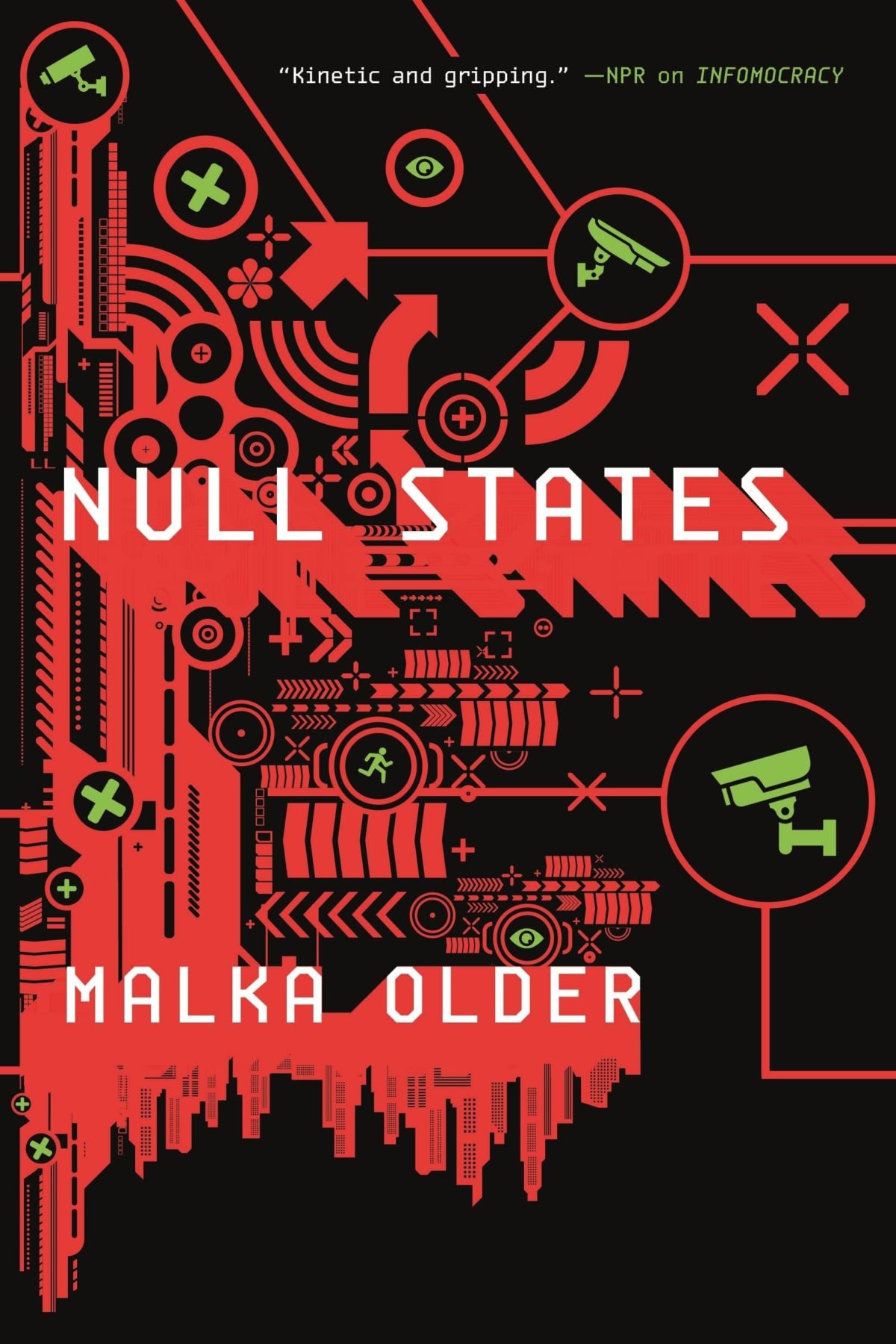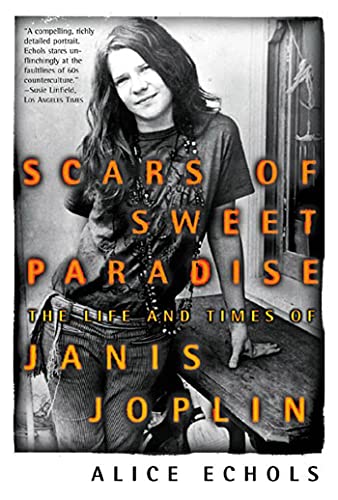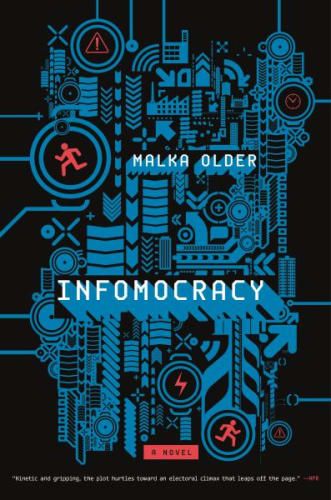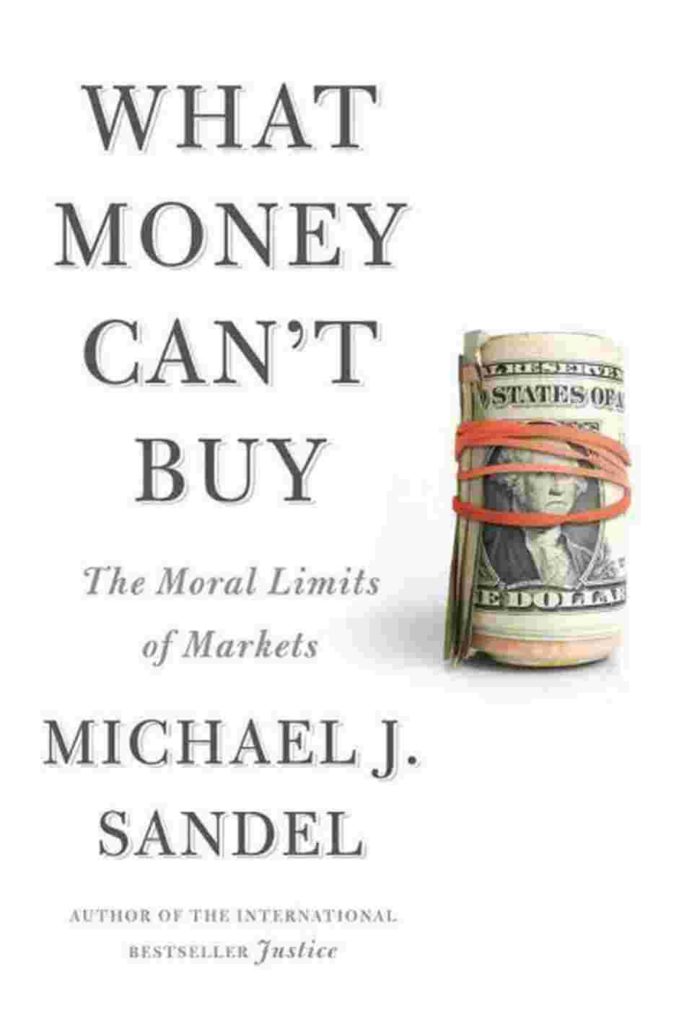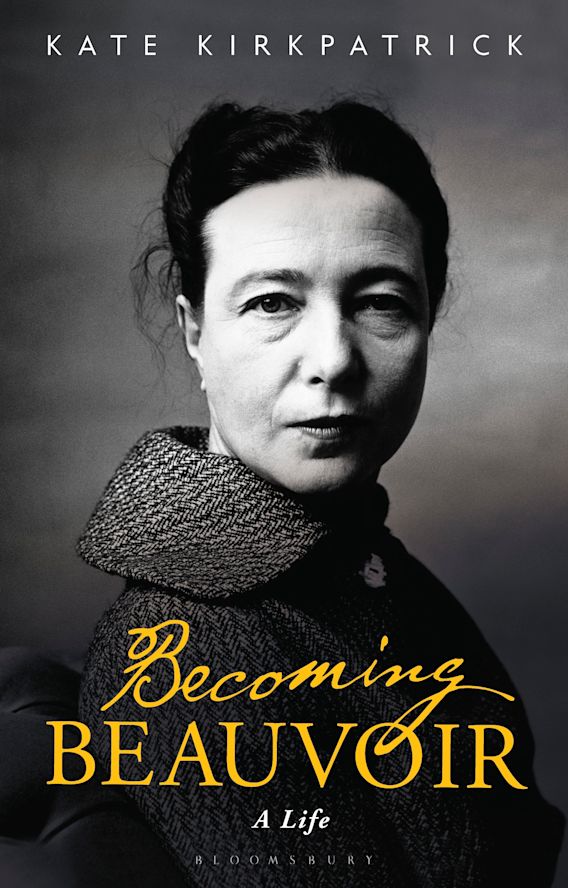Another random “left field” book, I stumbled across Gift From the Sea when a college friend asked me to read a selection from it at her wedding in Seattle. It’s a short book, and in the run-up to a wedding there’s a lot of “hurry up and wait,” so over the next couple days I just…read most of it. After the wedding I put it on my to-read list so I would eventually finish reading it. An excellent souvenir, then, when years later I was visiting that same friend in Seattle and came across a copy of Gift From the Sea in the bookstore!
As Becky (my friend) describes it, it’s a book that Anne Morrow Lindbergh wrote to convince herself to stay in a crappy marriage. That knowledge, paired with the couple’s Nazi and Fascist sympathies, certainly takes a bit of the shine off of it—here’s an excellent example of separating art from artist and where people are comfortable drawing the line. For me, Gift From the Sea is on the “I still feel comfortable consuming this” side of the line; an example of a “nope, no thank you” would be the music of Percy Grainger.
Gift From the Sea is an installment in one of my favorite not-really-a-genres, “author retreats into isolation and writes their Deep Thinky Thoughts.” Other examples of the form include Walden and Journal of a Solitude. Lindbergh writes a great deal on the need for solitude and alone time in romantic relationships, particularly for women; as much as it’s depressing to admit in the Year of Our Lord 2023 (compared to 1955), this still rings true. All the data currently available about the burden of childcare and domestic duties in hetero partnerships, marriage or otherwise, indicates that the bulk of it still falls on women. Hence why the alone time—time “off the clock,” so to speak—is particularly important for women in this situation.
The other underlying current in Gift From the Sea is the vague sense that modern life is overwhelming and things are happening too quickly, which again: looking back on 1955 from the distance of 2023 the idea of life moving too fast is ludicrous. I suppose that overwhelm is a permanent part of life anymore, and as such sentiments like Lindbergh’s will remain relatable. You read books like this one not necessarily to learn anything new but to remind yourself of what you value and what’s important in your life. “Yes, that’s right, I need to take more time for myself,” you say, nodding along. “Yes, that’s right, I do best when I have alone time to recharge.” Sometimes we need that reminder, and that’s probably why Gift From the Sea remains such a favorite.

